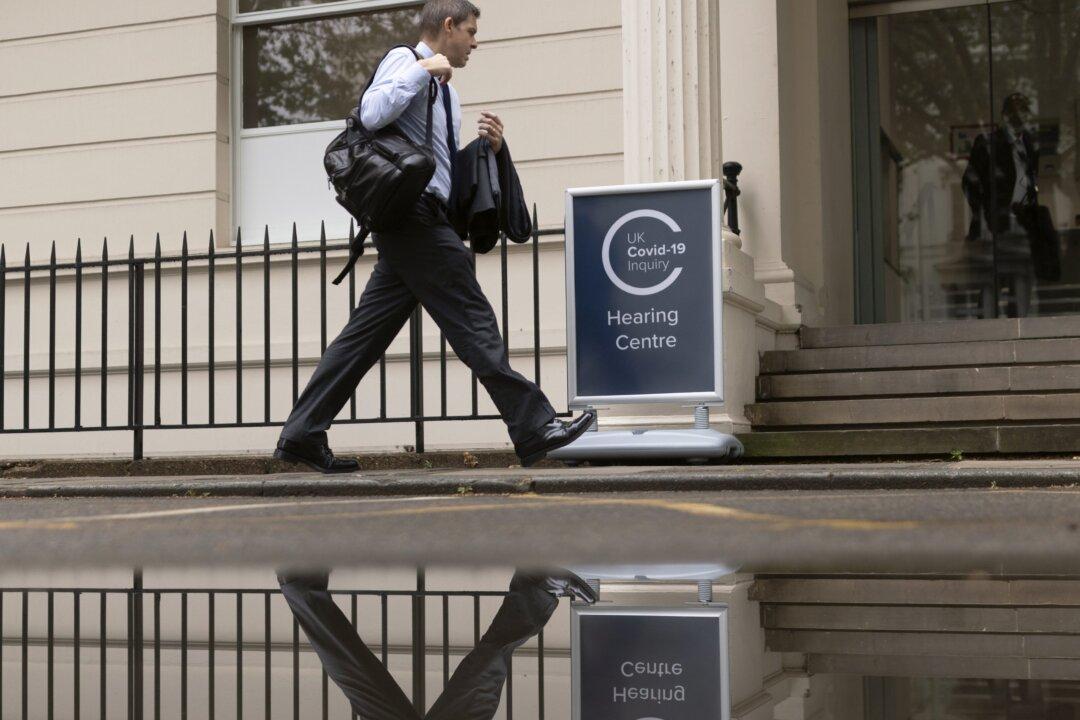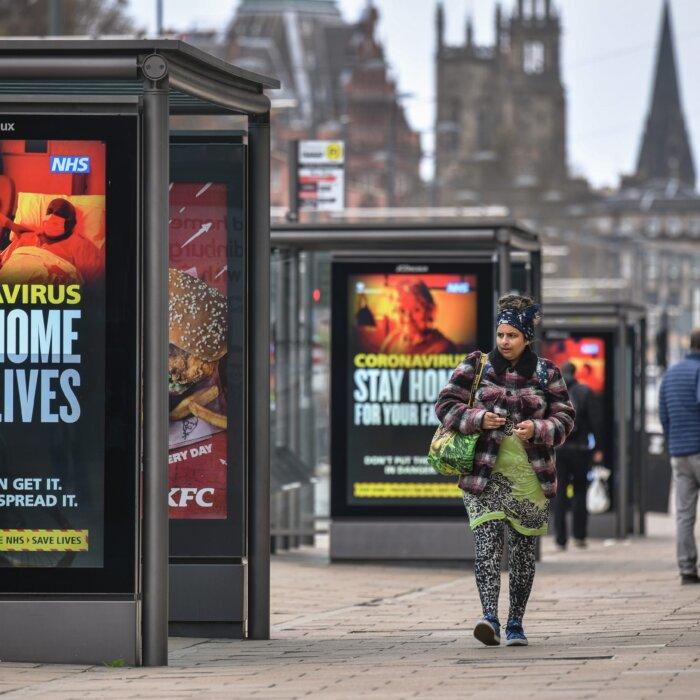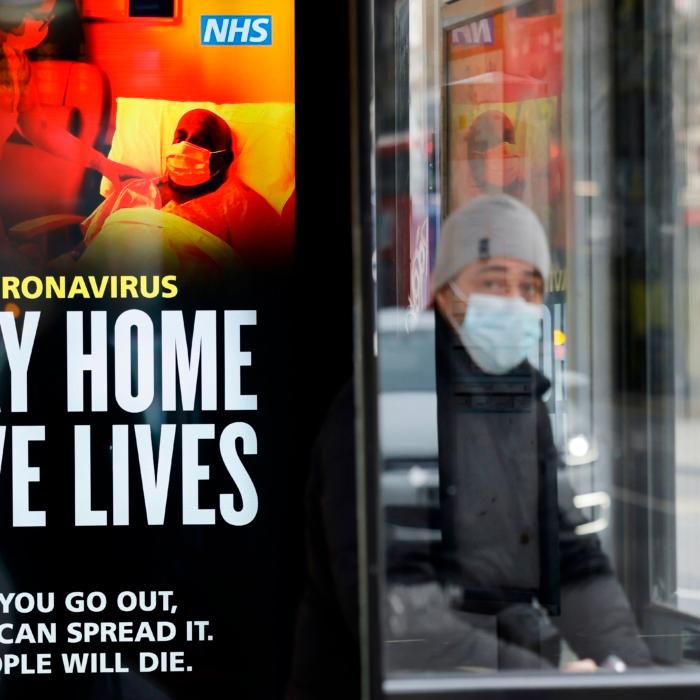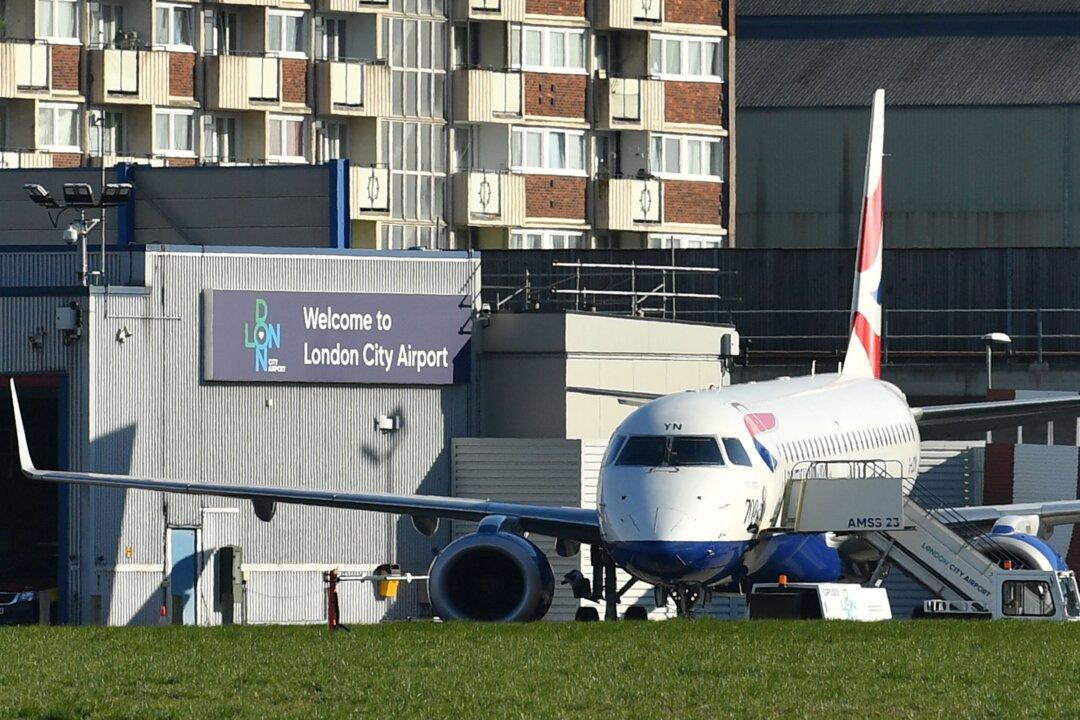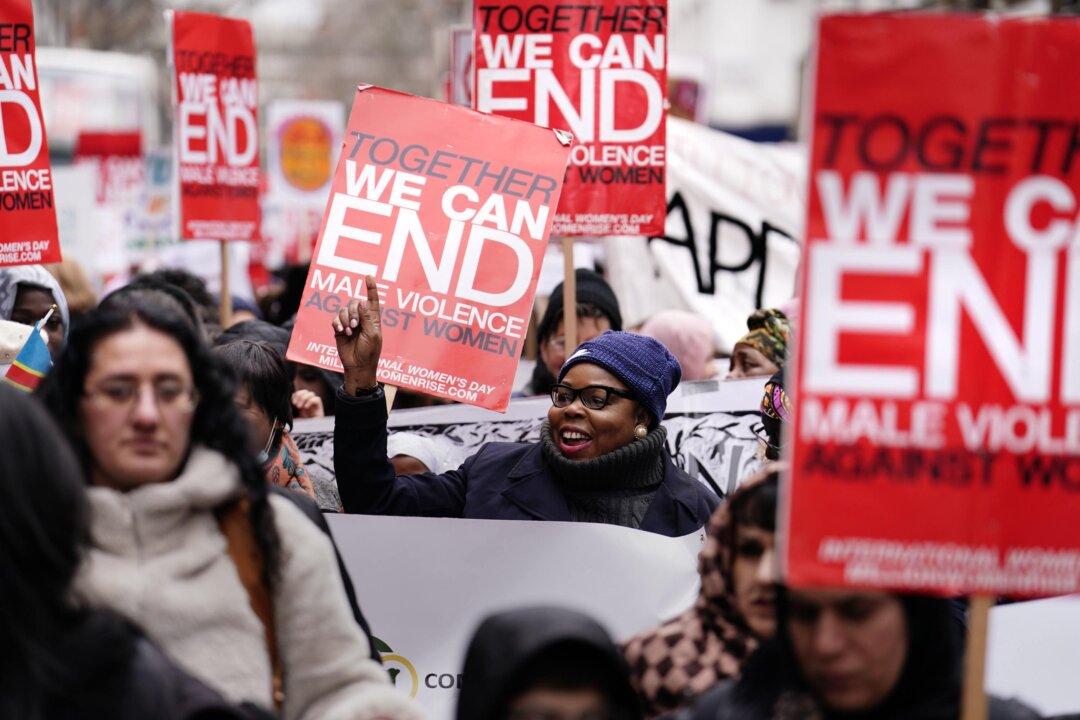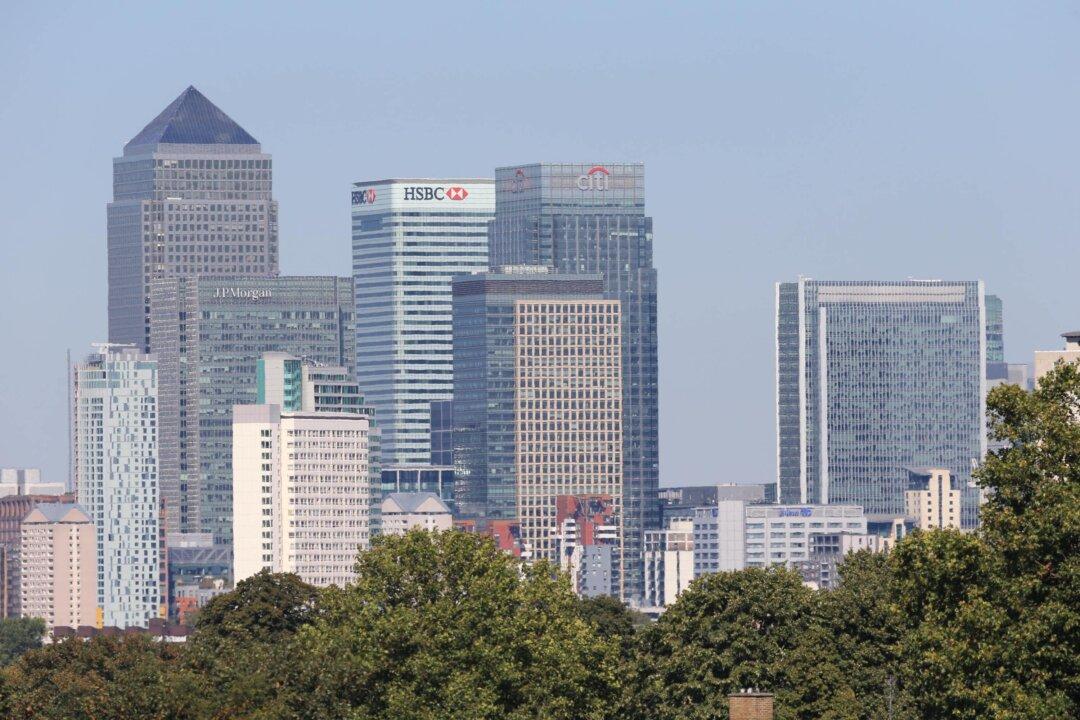The COVID-19 Inquiry is set to become the most expensive in British history and is currently costing taxpayers at least £135,907 a day, according to analysis released on May 16.
Over the last financial year, the inquiry has spent over £70 million on the investigation into the COVID-19 pandemic which began in June 2022.
To date, this means over £94 million has been spent since the investigation began less than two years ago.
Costs are set to surpass the ongoing Independent Inquiry into Child Sexual Abuse, which will have run approximately double the length of time.
In addition to the inquiry spending, taxpayers will also have to pay the wages of 265 civil servants who have worked full-time to provide the inquiry with documents and briefing of witnesses to the UK’s COVID-19 response.
Whitehall’s extra staffing costs are estimated to be £100,000 per day, totalling £44 million when combined with the additional legal advice costs received for the inquiry.
‘Expensive Political Pantomime’
John O’Connell, chief executive of the TaxPayers’ Alliance, said in statement to The Epoch Times: “While it is crucial that lessons are learned from the pandemic, there’s little sign at the moment that we will be left with anything but a huge bill. The COVID Inquiry should be short, sharp, and decisive, not an expensive political pantomime.”A spokesperson for the UK COVID-19 Inquiry said in an emailed statement to The Epoch Times: “It was the government’s decision to set up this public inquiry with very broad Terms of Reference to examine the country’s preparedness and response to the COVID-19 pandemic and to learn lessons for the future.
“The inquiry’s scope is exceptionally wide and touches on the work of many government departments in all four nations of the UK. It is obliged to gather evidence from many organisations, especially those at the centre of responding to the pandemic,” the spokesperson said.
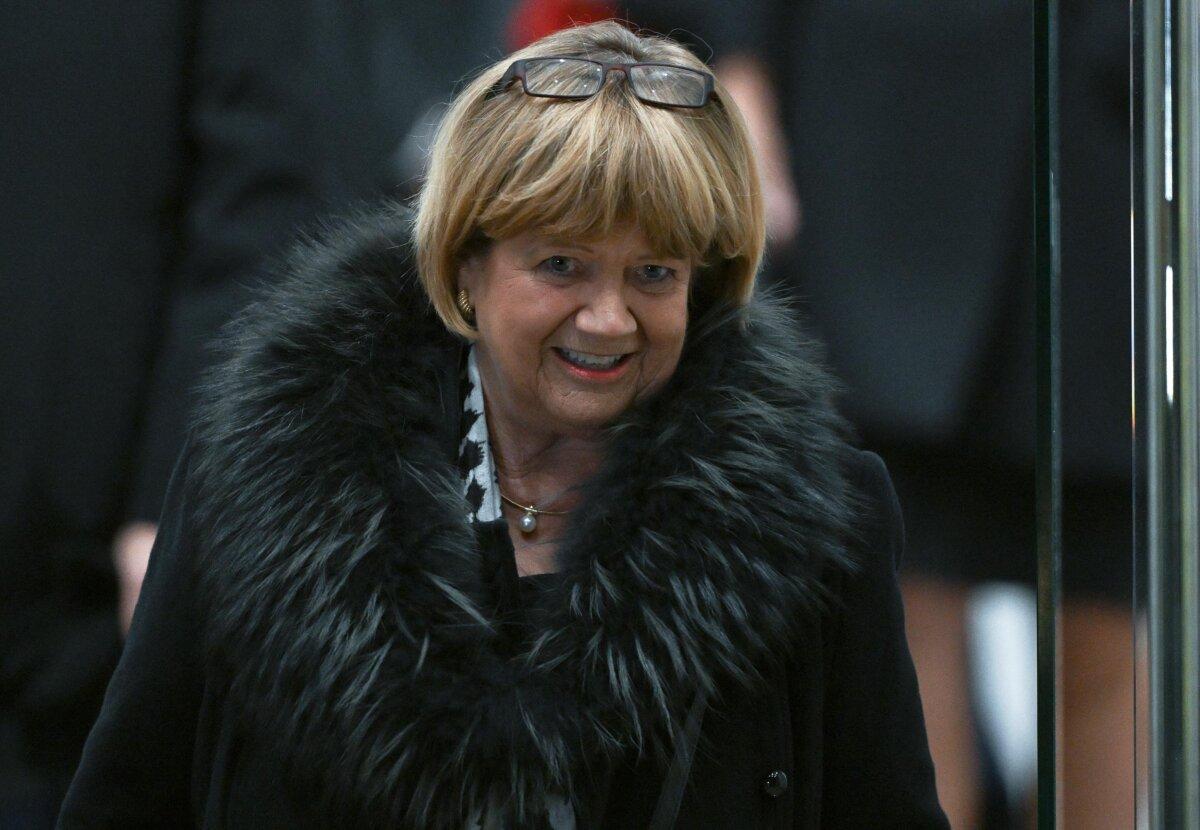
The group, coordinated by Professor Sunetra Gupta, an epidemiologist at Oxford University, outlined that the inquiry “gives the impression of being fundamentally biased” towards those left bereaved by COVID-19. The letter also claims that the current inquiry was originated by those who had lost loved ones, and that “there has been little opportunity for petitions to be brought by those who have suffered from the negative effects of pandemic policy decisions.”
Mind, Rethink Mental Health, and other organisations warned that the inquiry “risks failing” millions of people who were turned away from services if Baroness Hallett does not devote more time to examining the wider mental health impact of lockdowns.
